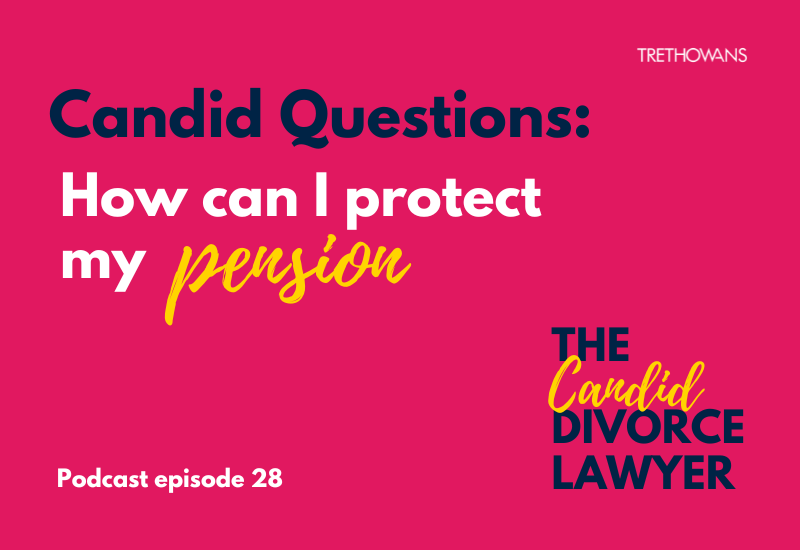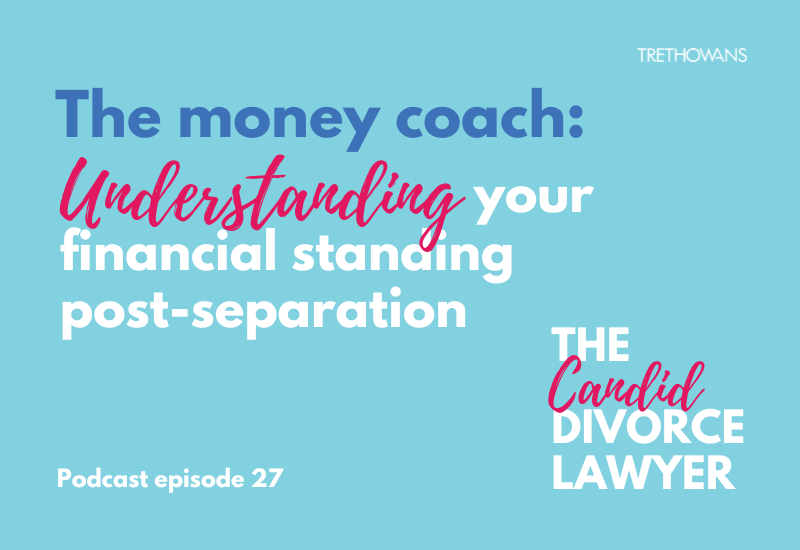If you are a victim of domestic abuse or you feel you have been wrongly accused of abusing another person, it is vital that you understand your legal position.
Our specialist family solicitors answer some of the questions we get asked the most so that you can understand your options.
If you would like any more information about any of the issues raised, or you have a question that isn’t listed, then please do not hesitate to get in touch today by calling our friendly team on 0800 2800 421 for a confidential conversation.
What is domestic abuse?
The law governing domestic abuse changed on 1 October 2021. The new definition under the Domestic Abuse Act 2021 confirms that behaviour of a person towards another person is ‘domestic abuse’ if the people are aged 16 or over and are personally connected to each other, and the behaviour is ‘abusive’.
‘Abusive’ behaviour consists of any of the following:
- Physical or sexual abuse
- Violent or threatening behaviour
- Controlling or coercive behaviour
- Financial abuse – which has a substantial adverse effect on the victim’s ability to acquire, use or maintain money or other property, or obtain goods or services.
- Psychological, emotional, or other abuse
And it does not matter whether the behaviour consists of a single incident or a course of conduct.
What counts as domestic violence?
Domestic abuse takes various forms as included in the definition above. However, within these defined forms of abusive behaviour there are various examples.
Coercive control is an act or pattern of acts of assaults, threats, humiliation and intimidation or other abuse that is used to harm, punish, or frighten their victim.
Controlling behaviour is a range of acts designed to make a person subordinate and / or dependent by isolating them from sources of support, exploiting their resources and capacities for personal gain, depriving them of the means needed for independence, resistance and escape and regulating their everyday behaviour.
What is the maximum sentence for domestic violence in the UK?
There are various sentences available to the court, depending on whether the perpetrator is being punished under civil or criminal law.
Within the family court a perpetrator could find themselves being served with notice of Injunction proceedings, which would include a Non-Molestation Order – prohibiting them from carrying out certain acts, or an Occupation Order – restricting their rights to occupy or enter a property.
If a person is found guilty of the criminal offence then the maximum sentence is up to 5 years imprisonment, a fine or both.
Do domestic abuse cases go to court?
Yes, they can. However, the type of court will depend on the offence allegedly committed. For civil cases the case would be heard in the local family court. However, for a criminal offence the case would be heard in either the Magistrates or Crown Court depending on the severity of the alleged offence.














